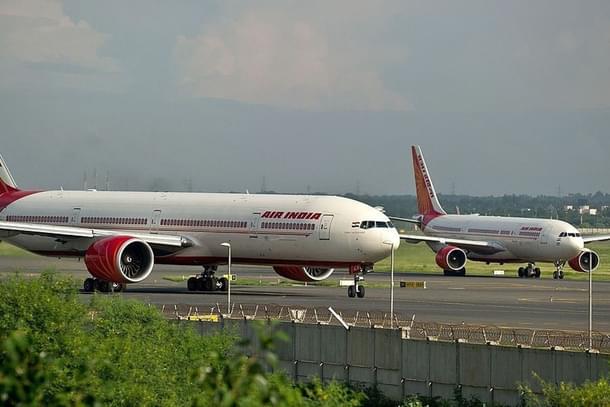News Brief
DGCA Launches New Framework For Comprehensive Safety Audits After Air India Plane Crash
Arzoo Yadav
Jun 22, 2025, 03:34 PM | Updated 03:34 PM IST
Save & read from anywhere!
Bookmark stories for easy access on any device or the Swarajya app.


Directorate General of Civil Aviation (DGCA) has introduced a new framework for Comprehensive Special Audits, aiming to enhance the nation's aviation safety oversight, reported India Today.
This move comes days after an Air India plane crash in Ahmedabad, which intensified scrutiny of aviation safety standards.
The new framework seeks to overhaul India's safety mechanisms through a data-driven, risk-based, and globally aligned approach.
The audit covers a broad spectrum of aviation entities, including scheduled and non-scheduled airlines, Maintenance, Repair, and Overhaul (MRO) organisations, Flying Training Organisations (FTOs), Air Navigation Service Providers (ANSPs), and Ground Handling Agencies (GHAs).
The primary focus areas includes Safety Management Systems (SMS), operational efficiency, adherence to regulatory frameworks, and crew and resource management protocols.
Multidisciplinary audit teams, led by senior officials and supported by subject matter experts, are conducting rigorous inspections.
These teams are using a methodology that combines physical facility inspections, document reviews, personnel interviews, simulation assessments, and ramp checks at airports.
According to officials, the audit was triggered by a range of factors including aviation accidents, serious incidents, recurring non-compliance issues, or findings flagged by the International Civil Aviation Organisation (ICAO).
The audit unfolds in three stages: a 5-7 day pre-audit phase, a 3-5 day on-site audit, and a 10-15 day post-audit period for analysis and follow-up.
Findings will be categorised by severity: Level 1 for immediate safety risks, Level 2 for significant but non-critical issues, and a third category for long-term observations.
Audited entities must submit Corrective Action Plans (CAPs) within 15 days of receiving findings, and the DGCA will closely monitor their implementation.
Non-compliance could lead to penalties, operational suspension, or even license revocation.




